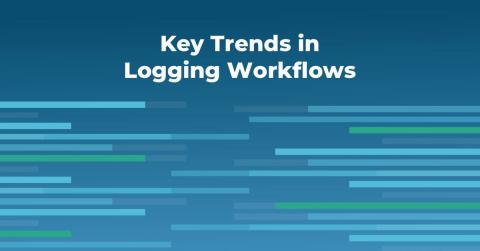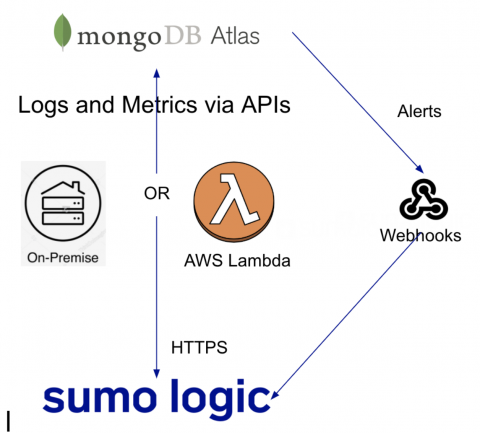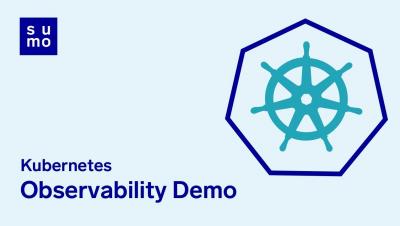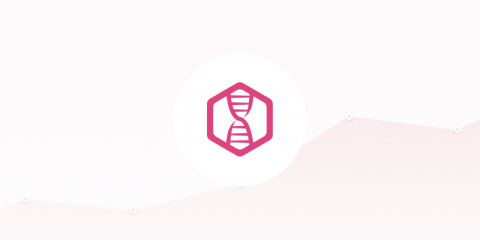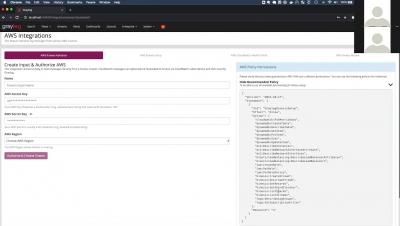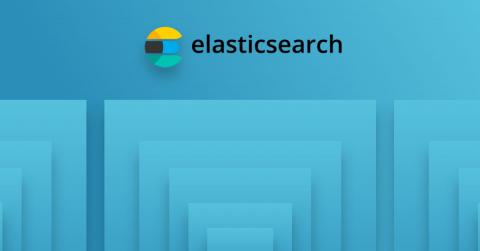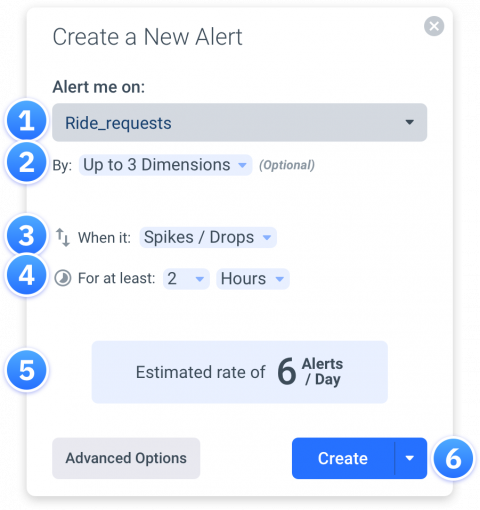Key Trends in Logging Workflows
Logs have been around since the advent of computers and have probably not changed all too much since. What has changed, however, are the applications and systems generating them. Modern architectures — i.e. software and the infrastructure they are deployed on, have undergone vast changes over the past decade or so with the move to cloud computing and distributed environments.


